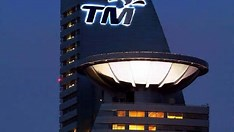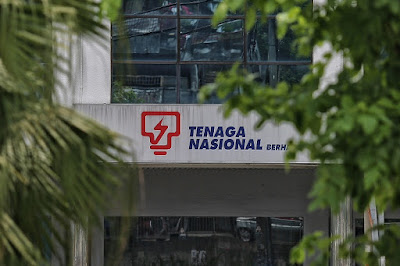Effective today, TM has lowered the monthly price of its Unifi broadband plans where the 100Mbps plan is now listed at RM99, RM139 for 300Mbps, RM159 for 500Mbps.
Previously the monthly plans were priced at RM129, RM149 and RM209 respectively.
The company will also be pricing its 1Gbps and 2Gbps standalone plans at RM289 and RM319 per month.
Previously the 1Gbps and 2Gbps plans bundled with Unifi TV and Netflix subscriptions were priced at RM378.80 monthly and RM428.90 monthly.
For a limited period of three months, the company will also be offering the 100Mbps plan for RM89. Both new and existing eligible customers can subscribe to the plan.
Unifi executive vice president Anand Vijayan said the new pricing is part of the company’s initiative to offer affordable and inclusive solutions for consumers in Malaysia.
“Aligning with the Ministry of Communications and Digital’s aim to provide higher Internet speeds at lower prices, Unifi’s vibrant new broadband packages offer greater affordability through significant price reductions, value-added converged lifestyle services and integrated business solutions,” he said at a media briefing in Kuala Lumpur on Oct 4.
As for existing customers, a free speed upgrade is in store. According to Anand, customers will be automatically upgraded to the next highest speed tier based on their existing plan. He said no obligations or service re-contract are required.
According to Anand, existing customers will get free speed upgrades According to Anand, existing customers will get free speed upgrades
“This free speed upgrade will be rolled out to eligible Unifi customers, driving home its commitment to deliver higher speeds at lower prices to all customer segments,” he said, adding that the transition is expected to take place in phases between now and January 2024.
Existing customers will be informed of the new speed upgrades via the official communications channel such as SMS and through WhatsApp.
Unifi will also offer a bundled plan that comes with 100Mbps Unifi and UNI5G Postpaid unlimited mobile data plan for RM149 per month plus a new device.
“Addressing concerns about the affordability of 5G-enabled devices, this new bundle comes with a free 5G smartphone - allowing more Malaysians to conveniently adopt and enjoy 5G capabilities,” Anand said.
As Malaysia moves towards achieving 80% 5G network coverage in populated areas by the end of the year, the company said Unifi Mobile is also actively driving 5G adoption among users by simplifying their transition to 5G plans.
"All of its #LiveUnstoppable UNI5G postpaid and prepaid offerings are automatically enabled with 5G, reducing the need for additional activation or documentation," said Unifi Mobile executive vice president Jasmine Lee.
The company has set a new baseline for affordable broadband with the 100Mbps plan now being priced at less than RM100, added Anand. TM is committed towards empowering digital inclusivity across all user segments.
The company will continue to offer the 30Mbps plan for RM69 under Pakej Rahmah Unifi to key customer groups including the underserved communities such as senior citizens, OKU, B40 communities and armed uniform veterans.
Anand said eligible customers under these groups can also subscribe to Unifi’s Pakej 5G Rahmah offering unlimited data and get 5G devices starting from RM120.
The company clarified that Pakej Rahmah Unifi customers will not get the free speed upgrade to the next speed tier which is 100Mbps. It added that other curated offerings for key customer groups will be announced later.
Meanwhile customers in the micro, small and medium enterprises (MSMEs) segment will also see price reductions in Unifi Biz Fibre offerings.
The 100Mbps plan is now priced at RM129, RM199 for 300Mbps, RM239 for 500Mbps, RM319 for 1Gbps and RM369 for 2Gbps.
Previously the plans were priced between RM139 to RM399.
“Adding more value for businesses, the new broadband plans come bundled with Unifi’s Simple Voice Plan, offering the lowest voice rates across any network for calls to any fixed or mobile line nationwide,” Anand said.
Unifi Biz Fibre customers will also be given priority at Unifi Concept Stores with access to premium lanes to address specific issues or queries.
The company is also committed towards enhancing its customer experience. Among its initiatives are conducting proactive analysis to identify service issues before it impacts customers and perform restorations remotely whenever possible.
“This is conveniently managed via the MyUnifi app which also serves as a one-stop portal for all Unifi’s customers needs,” Anand said.
“TM continues to push the envelope in delivering innovative solutions and services that will power Malaysia towards becoming a digital nation,” he concluded.
Related:














